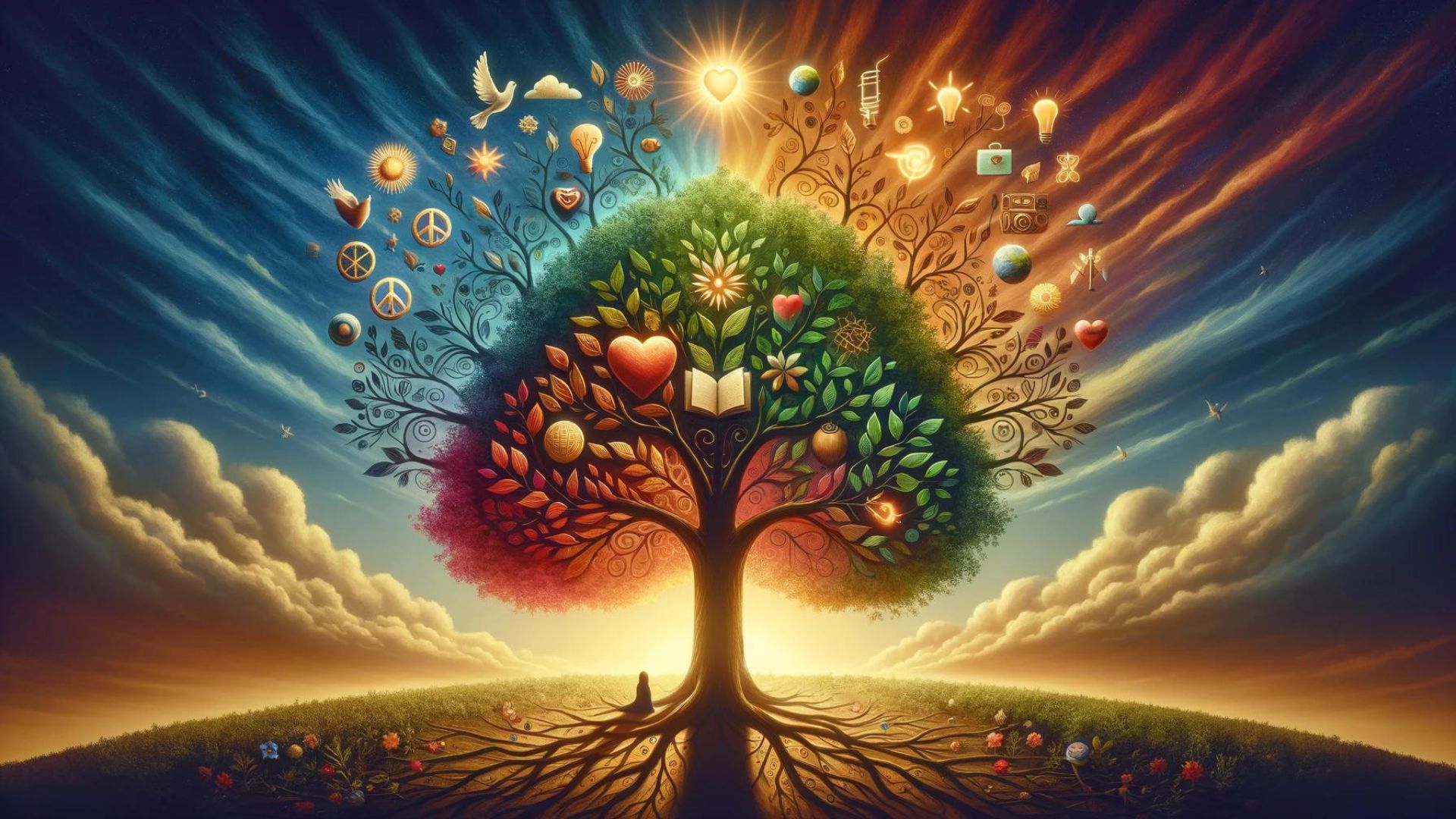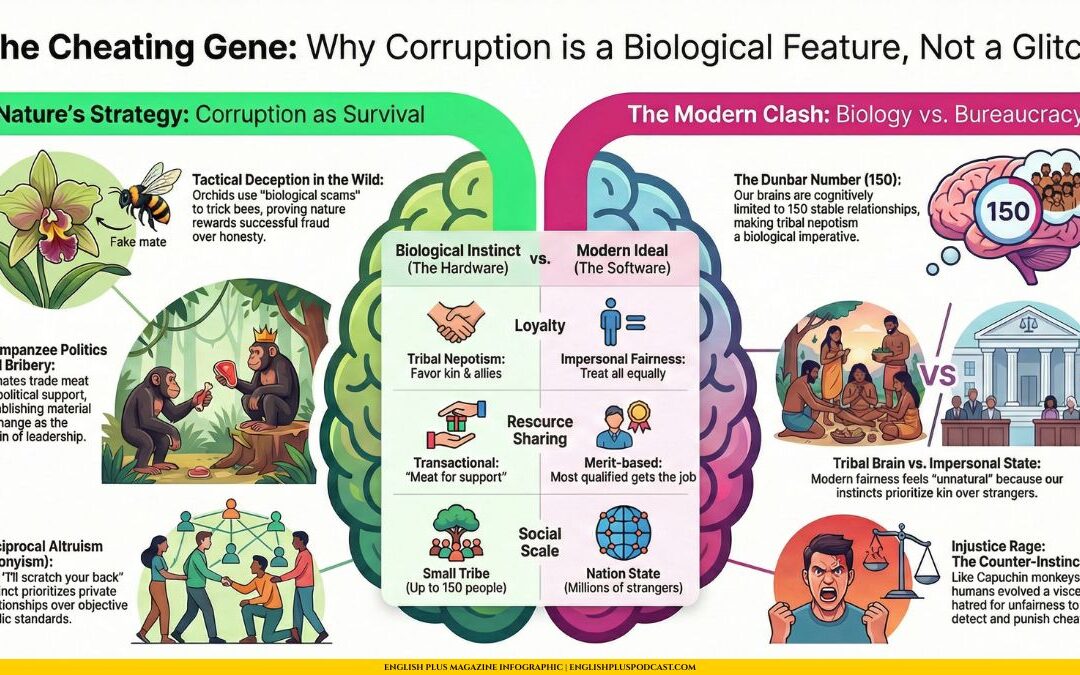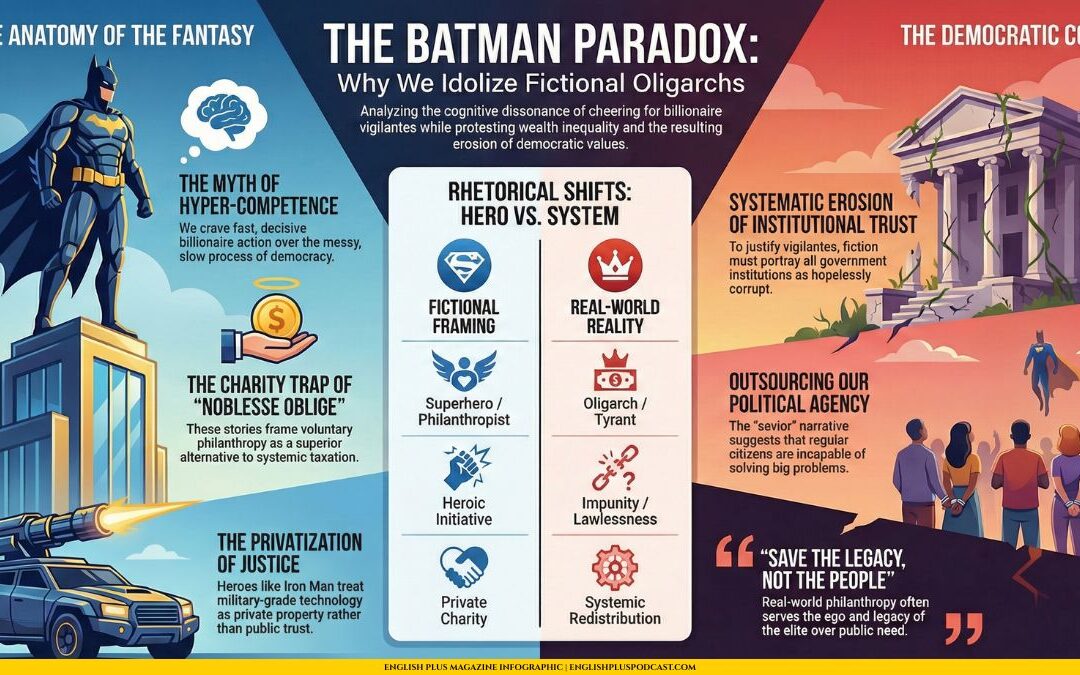The Multifaceted Word “Hope”: Meanings and Uses
The simple word “hope” carries a surprising range of meanings and grammatical functions. Understanding its different uses unlocks greater clarity and nuance in our communication. Let’s explore the most common uses of “hope”:
1. Hope as a Verb: Expressing Desire
- Wishing for a positive outcome: “I hope it doesn’t rain tomorrow.”
- Wanting something to happen: “I hope we win the game.”
- Optimism in the face of uncertainty: “The doctors hope the treatment will work.”
2. Hope as a Noun: The Feeling Itself
- A sense of possibility: “Don’t lose hope; things can still change.”
- The object of one’s desire: “Her biggest hope was to attend a good college.”
3. Phrases with Hope: Common Expressions
- “I hope so” and “I hope not”: Expressing agreement or disagreement with a possibility. (“Do you think it’ll rain?” “I hope not.”)
- “In the hope of/that”: Indicating the reason for an action. (“They volunteered in the hope of making a difference.”)
- “Against hope” or “against all hope”: Doing something despite low chances of success. (“Against all hope, she searched for her lost dog.”)
Examples in Context
- “I hope you have a great weekend.” (Verb: expressing a positive wish)
- “Hope is a powerful thing.” (Noun: the feeling of optimism)
- “They filed the lawsuit in the hope of getting justice.” (Phrase: expressing the reason)
Beyond Simple Desire
While “hope” often implies a desire for a positive outcome, it can also be used in situations where the outcome is uncertain or may even be undesirable, highlighting its nuanced role in our language. Recognizing these different uses empowers us to express ourselves with greater precision and understand the intentions behind others’ words.










0 Comments